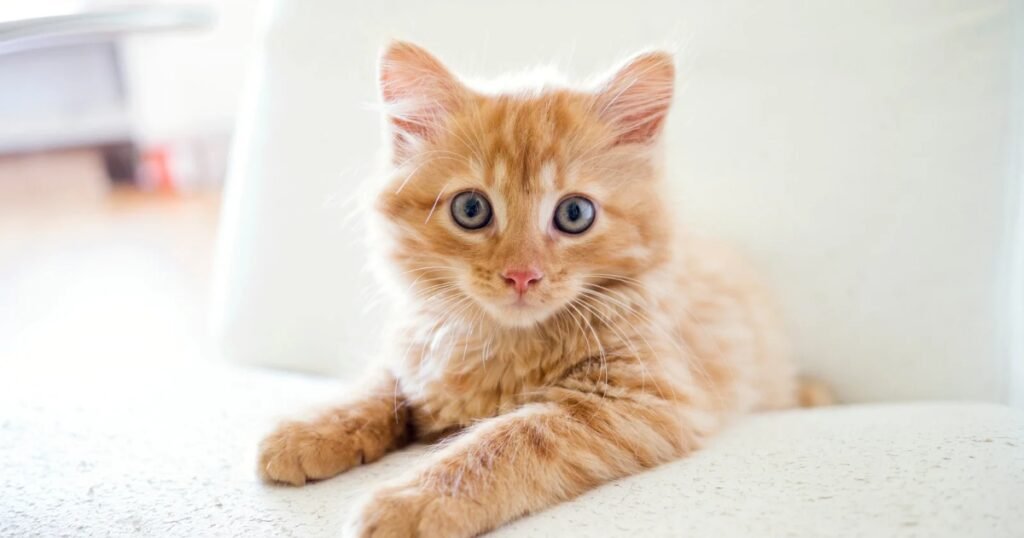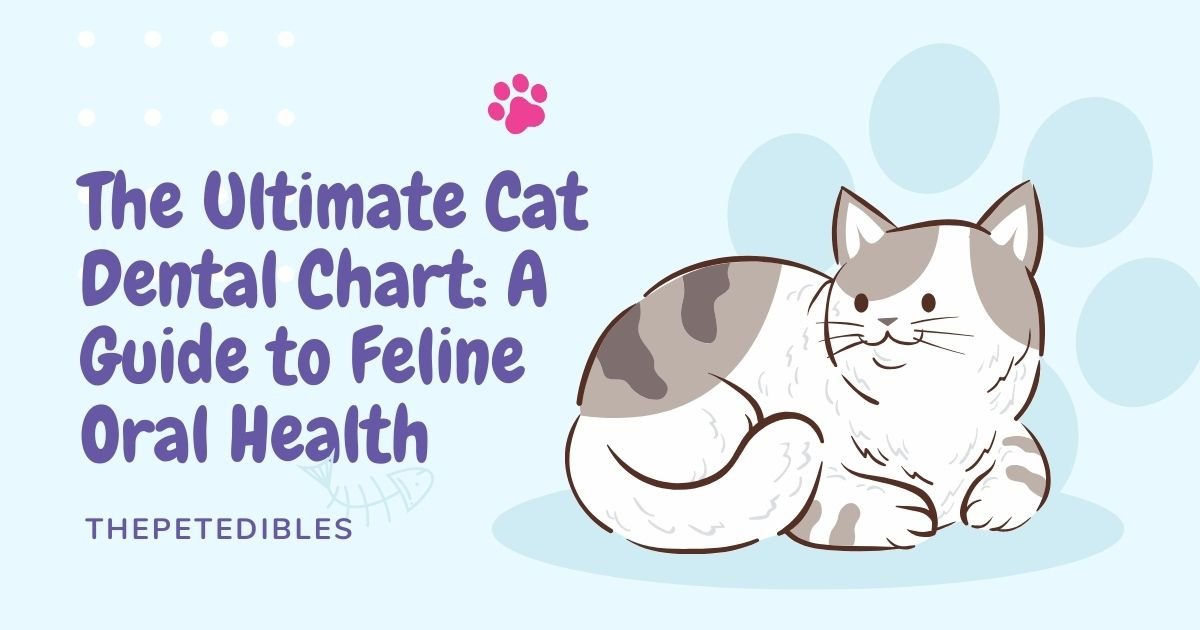Can Cats Eat Bananas? What You Need to Know

Can cats eat bananas? Discover if bananas are safe for your cat, potential benefits, risks, and tips for feeding them in moderation.
Introduction
As a cat owner, you’re probably familiar with the curious nature of cats when it comes to food. You may have noticed your feline friend eyeing your snacks, including that banana you’re holding. But before you offer your cat a bite, you might wonder, “Can cats eat bananas?” The short answer: Yes, cats can eat bananas, but there are important things you need to know. Let’s dive deeper into what’s safe, what’s not, and how bananas could (or couldn’t) fit into your cat’s diet.
Are Bananas Safe for Cats?
Understanding Cat’s Digestive System
Cats are obligate carnivores, which means that their digestive systems are naturally designed to process animal-based proteins and fats, not plant-based foods. While they can eat certain non-meat items in small quantities, their bodies aren’t equipped to digest everything we eat, like fruits and vegetables.
Are Bananas Toxic to Cats?
Fortunately, bananas are not toxic to cats. This means that if your cat happens to nibble on a piece, it’s unlikely to cause immediate harm. However, just because they’re not toxic doesn’t mean bananas are entirely beneficial for cats either.

Nutritional Value of Bananas
Key Nutrients in Bananas
Bananas are rich in potassium, fiber, vitamins B6 and C, and other nutrients that are great for humans. But do cats really need these nutrients from bananas?
Do Cats Benefit from Banana Nutrients?
Unlike humans, cats don’t require the same nutrients from fruits. Their nourishing necessities are met fundamentally through animal proteins. While potassium is beneficial for muscle function and heart health in humans, cats get their essential vitamins and minerals from high-protein, meat-based diets.
Potassium in Bananas
Bananas are a great source of potassium, which helps maintain healthy muscle and nerve function in humans. However, cats usually get sufficient potassium from their regular diet, so they don’t need bananas to supplement this nutrient.
Fiber in Bananas
While bananas do offer fiber, which aids in digestion for humans, too much fiber can lead to gastrointestinal upset in cats, including diarrhea or constipation. Moderation is key when offering bananas to your cat.
Can Cats Digest Bananas?
Do Cats Have the Enzymes for Banana Digestion?
Cats lack some of the enzymes necessary to efficiently break down complex carbohydrates like the sugars found in bananas. This doesn’t mean that a small amount of banana will harm them, but it can cause digestive issues if consumed in large quantities.
How Cats Process Sugars in Bananas
Bananas contain natural sugars, which might be challenging for cats to process. Their digestive systems aren’t designed to handle high sugar content, so feeding your cat bananas too frequently can lead to obesity and other health problems like diabetes.

How Much Banana Is Safe for Cats?
Recommended Serving Sizes
If you want to treat your cat to a piece of banana, it’s important to keep the portion size small. A thin slice or a few small chunks should be enough. Giving your cat a lot of can prompt stomach related issues or a steamed stomach.
How Often Can Cats Eat Bananas?
Bananas should be given to cats as an occasional treat rather than a regular part of their diet. A piece of banana once in a while is fine, but overfeeding fruits or other non-meat foods can upset the balance of nutrients your cat needs.
Potential Risks of Feeding Bananas to Cats
Allergic Reactions in Cats
While it’s rare, some cats might have an allergic reaction to bananas. Signs include swelling, itching, and difficulty breathing. If you notice any of these symptoms after your cat consumes bananas, seek veterinary help immediately.
Gastrointestinal Issues
Feeding your cat too much banana can lead to diarrhea, constipation, or an upset stomach. Always monitor how your cat reacts after consuming any new food.
Choking Hazards
Bananas can be a choking hazard, especially for cats that are not used to eating solid food chunks. Be sure to cut the banana into small, manageable pieces before offering it to your cat.

Are Bananas Good as Cat Treats?
Bananas vs. Traditional Cat Treats
Traditional cat treats are specifically formulated to meet the nutritional needs of cats. Bananas, on the other hand, don’t offer the same benefits. So, while it’s fine to give your cat a piece of banana now and then, they shouldn’t replace regular treats.
Should You Consider Bananas as Occasional Treats?
Bananas can be a fun and novel treat for your cat, but they shouldn’t become a staple in your pet’s diet. Think of them as a rare indulgence rather than a go-to snack.
How to Safely Feed Bananas to Your Cat
Proper Preparation
To safely feed bananas to your cat, make sure the banana is peeled and sliced into tiny pieces. Avoid giving them large chunks or the peel, as these can be difficult for your cat to digest.
Tips for Introducing Bananas
If you’re introducing bananas to your cat for the first time, start with a tiny piece to see how they react. Watch for any signs of discomfort or disinterest. If your cat shows no adverse reactions, you can occasionally offer more in the future.

Signs Your Cat Doesn’t Like or Can’t Tolerate Bananas
Behavioral Signs
Some cats may simply turn their nose up at bananas, showing no interest in eating them. This is perfectly normal—cats can be picky eaters!
Physical Symptoms
If your cat shows signs of discomfort, such as vomiting, diarrhea, or lethargy after eating bananas, it’s a good idea to avoid offering them in the future. These can be signs that your cat’s digestive system isn’t handling the banana well.
Other Fruits That Are Safe for Cats
Fruits Cats Can Eat
In addition to bananas, cats can eat small amounts of fruits like blueberries, apples (without seeds), and watermelon (without seeds). These fruits can be offered in moderation and are generally safe for cats.
Fruits to Avoid for Cats
Some fruits are toxic to cats, including grapes, raisins, and citrus fruits. It’s important to know which fruits are harmful to your cat to avoid any accidental poisoning.

When to Contact a Veterinarian
Signs of Banana-Related Health Issues
If your cat shows any signs of digestive upset, choking, or an allergic reaction after eating a banana, it’s best to contact your veterinarian. They can offer guidance and help ensure your cat is safe.
Seeking Professional Advice
If you’re unsure about incorporating human foods like bananas into your cat’s diet, it’s always a good idea to consult with your vet. They can give customized exhortation in light of your cat’s particular wellbeing needs.
Conclusion
So, can cats eat bananas? Yes, in small amounts and as an occasional treat, bananas are safe for cats. However, they don’t provide significant nutritional benefits for your feline friend, and too much can lead to digestive issues. Always start with small pieces and monitor your cat for any adverse reactions. Ultimately, the best treats for your cat are those specifically designed to meet their dietary needs.
FAQs
1. Can kittens eat bananas?
Kittens have more sensitive digestive systems, so it’s best to avoid giving them bananas until they are older.
2. What should I do if my cat accidentally eats too much banana?
If your cat eats too much banana, monitor for signs of digestive upset like vomiting or diarrhea. Contact your vet if symptoms persist.
3. Are there any fruits that cats absolutely shouldn’t eat?
Yes, avoid giving your cat grapes, raisins, and citrus fruits, as they can be toxic to felines.
4. What’s the best way to introduce fruits into my cat’s diet?
Start by offering very small amounts and monitor your cat’s reaction. If they seem to enjoy it and show no signs of discomfort, you can occasionally give more.
5. Is it okay to give my cat banana-flavored treats?
Banana-flavored treats made specifically for cats are generally safe, but always check the ingredients to ensure they don’t contain harmful additives.
Read More: Can Rabbits Eat Celery? Pros and Cons



